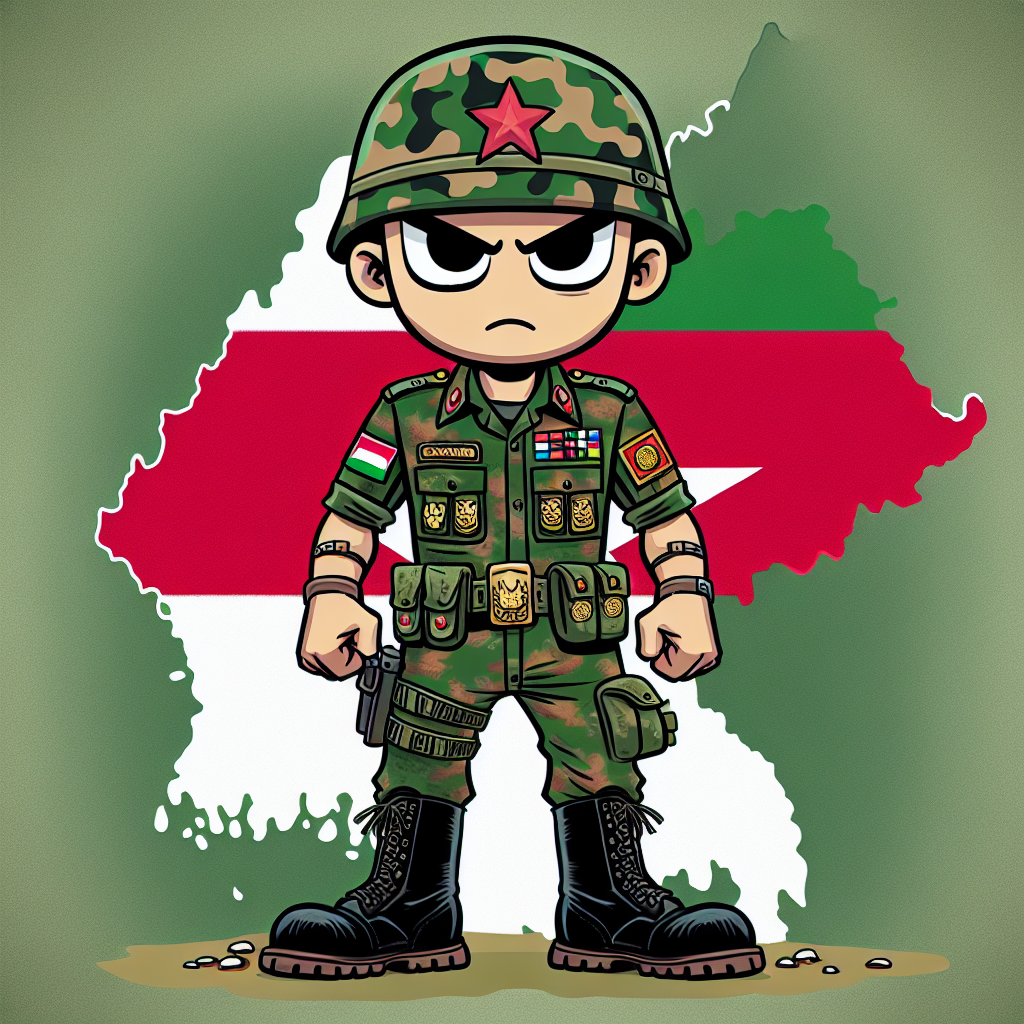The Human Rights Council convened today to address the escalating humanitarian crisis in Myanmar, where the military junta continues to perpetrate severe human rights abuses. Volker Türk, the United Nations High Commissioner for Human Rights, characterized Myanmar as being suffocated by an illegitimate military regime, exacerbating a crisis rooted in decades of military dominance and societal division.
Türk detailed harrowing accounts of atrocities, including brutal war tactics such as beheadings, midnight drone strikes, and the deliberate burning of homes, resulting in the deaths of over 5,280 civilians since February 2021. Shockingly, among the victims were 1,022 women and 667 children. The military's actions have also led to the arrest of 26,865 individuals, with thousands more suffering displacement, pushing Myanmar's internal displacement figure to three million people.
Despite these grave challenges, Türk highlighted a glimmer of hope in the emergence of new local governance structures in areas outside the military's control. These local entities are crucial in providing essential services like food, shelter, education, and healthcare to hundreds of thousands who would otherwise receive little to no humanitarian assistance.
During the interactive debate that followed Türk's report, numerous member states expressed deep concern and condemnation regarding the ongoing human rights violations. There was a unified call for an immediate cessation of violence against civilians, particularly Rohingya and other vulnerable communities. States also urged strict measures to halt the flow of arms and military supplies to Myanmar's military and emphasized the importance of sustained humanitarian aid efforts.
While acknowledging the delicate balance between sovereignty and human rights, speakers underscored the imperative of upholding international human rights standards and ensuring accountability for perpetrators of atrocities. They emphasized the need for a comprehensive international response, beyond existing frameworks, to support Myanmar's democracy movement and empower its youth leadership.
Civil society organizations echoed these sentiments, urging robust international action to hold Myanmar's military accountable and support affected populations. They emphasized the critical role of the Human Rights Council in addressing human rights violations globally and advocating for justice.
In conclusion, the interactive dialogue underscored widespread international concern and a collective call for urgent action to address the humanitarian crisis in Myanmar. Moving forward, the Council is poised to continue monitoring the situation closely and exploring additional measures to safeguard human rights, promote stability, and support the aspirations of Myanmar's people for democracy and peace.











